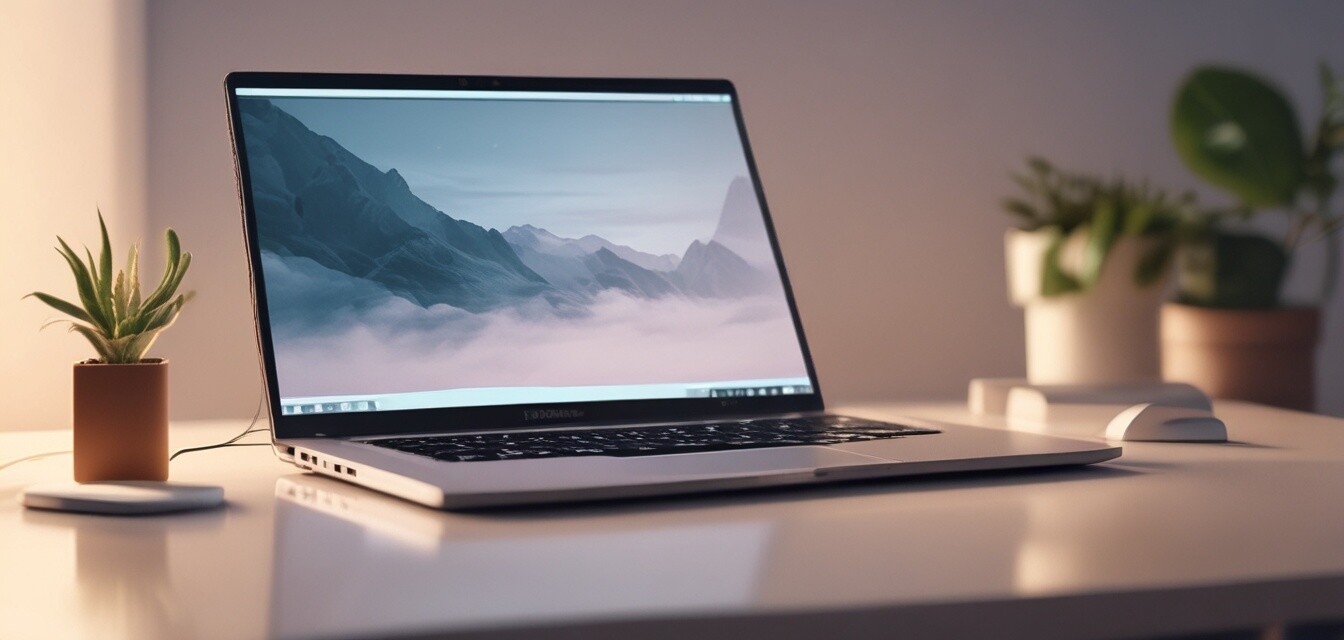
Effective ways to reduce laptop overheating
Key Takeaways
- Regular maintenance is essential for preventing overheating.
- Invest in cooling accessories such as cooling pads.
- Monitor your laptop's usage habits and performance.
- Clean your laptop's vents and fans periodically.
- Use software to manage resource-intensive applications.
Overheating can be a common issue for laptop users, especially during extended use or when running demanding applications. Managing your laptop's temperature not only improves performance but also extends its lifespan. In this article, we’ll cover effective methods to keep your laptop cool and prevent overheating.
Why does overheating occur?
Understanding the reasons behind laptop overheating is the first step in preventing it. Here are some of the primary causes:
- Blocked air vents
- Dust accumulation inside the laptop
- Intensive applications running simultaneously
- Inadequate cooling solutions
- Environment factors like high ambient temperature
Impact of overheating
Overheating may lead to:
- Reduced performance and speed
- Frequent crashes and errors
- Shortened battery life
- Potential hardware damage
Tips to keep your laptop cool
1. Clean your laptop regularly
One of the easiest ways to keep your laptop cool is by ensuring it’s clean. Dust and debris can clog vents and hinder airflow.
- Use compressed air to blow out dust from vents.
- Wipe surfaces with a microfiber cloth.
2. Invest in a cooling pad
A cooling pad helps with airflow and provides additional cooling. This is especially useful during gaming sessions or when using demanding software.
3. Maintain a cool environment
Place your laptop in a well-ventilated area, away from heat sources:
- Avoid soft surfaces like beds and couches when using your laptop.
- Keep the laptop on hard, flat surfaces for optimal airflow.
4. Monitor resource usage
Be aware of the applications you're running. Use task management tools to monitor resource consumption. If a program is using too much CPU or RAM, close unnecessary applications.
5. Check for malware
Sometimes malware can strain your laptop’s resources. Regularly scan your device using reliable antivirus software.
Comparison of cooling solutions
| Cooling Solution | Effectiveness | Cost |
|---|---|---|
| Cooling pads | High | Moderate |
| External fans | Medium | Low |
| Internal cleaning | High | Low |
Advanced tips for long-term cooling
- Consider upgrading your hardware, like adding more RAM or an SSD, which can improve performance and reduce overheating.
- Utilize software designed for laptop cooling that adjusts fan speed automatically.
- Lower screen brightness to reduce energy consumption.
Conclusion
Keeping your laptop cool is essential in preserving its performance and longevity. By implementing these effective methods, you can significantly reduce the risk of overheating and maintain an optimal user experience. For additional tips on enhancing your laptop's performance, check out our Expert Tips section, where we provide valuable insights for every laptop user.
Pros
- Improved performance with optimal temperature
- Extended device lifespan
- Reduced risk of crashes and data loss
Cons
- Initial investment in cooling solutions
- Regular maintenance required